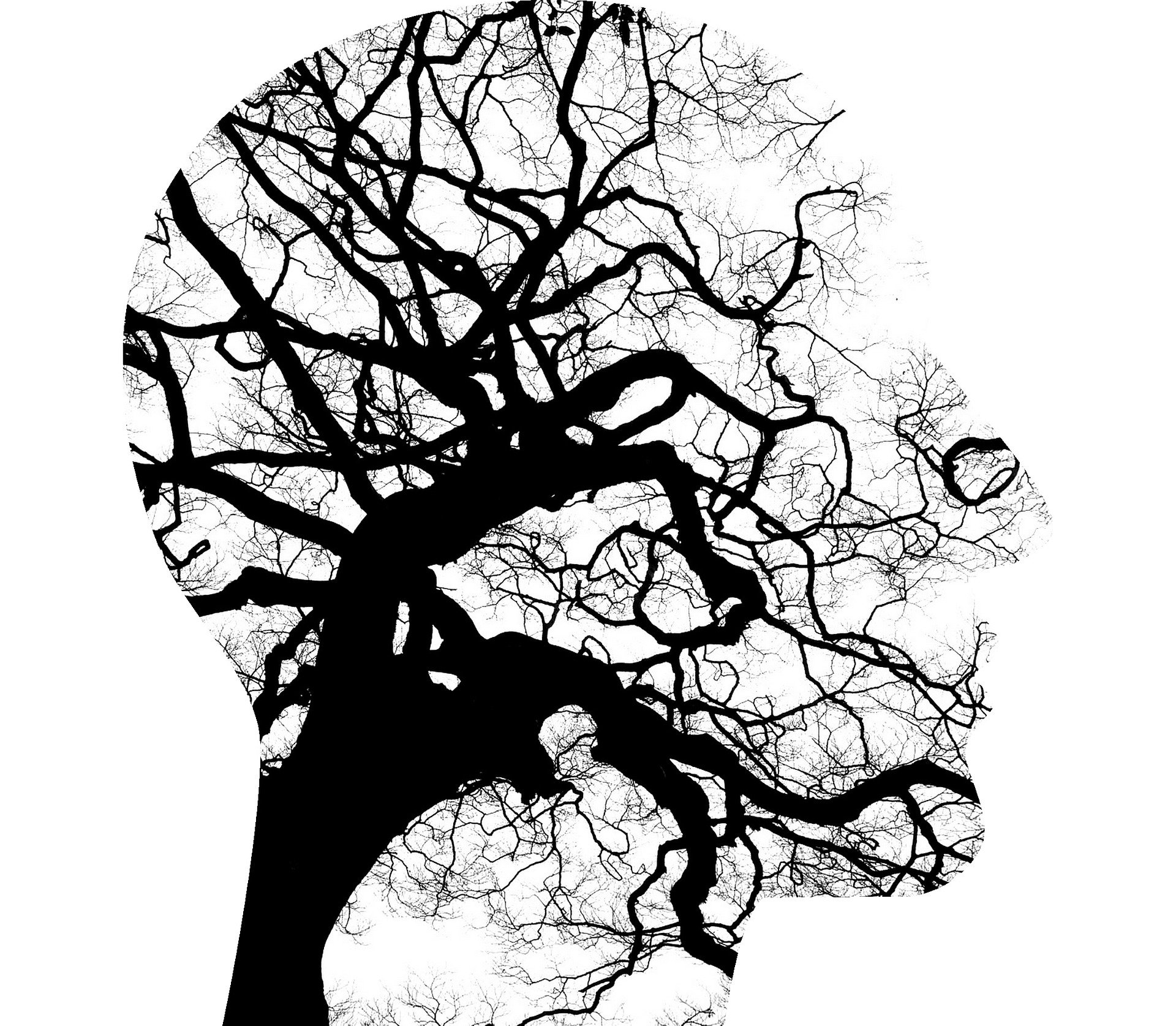Forensic psychology is a relatively new field within the wider realm of psychology, but has already made an impact on the public imagination via popular TV shows such as “Criminal Minds.” Though that particular TV show doesn’t really give a full picture of the discipline, it was enough to make great swathes of people jump to their laptops to learn more about forensic psychologists and related careers.
In simple terms, forensic psychology is applying clinical knowledge and specialties of psychology to the legal world such as in civil and criminal legal proceedings. A clinical psychologist might lend their experience and expertise to help in various judicial matters where it is required.
At any rate, the term “forensic” here is not to be confused with some CSI-style investigative method. It’s the term originating from the Latin “forensis” meaning forum, which was the term used for a court in ancient Rome.
What Does a Forensic Psychologist Do?
Within their mixed medical and judicial role, forensic psychologists might carry out many functions. First, there are competency evaluations where a psychologist will help to ascertain whether or not a defendant is sufficiently competent mentally to go through legal proceedings. They also help to make sentencing recommendations and offer an evaluation of the various risk factors that determine whether a defendant might re-offend.
They help as expert witnesses, evaluating and making recommendations in child custody cases, designing effective correctional programs, consultants in the jury selection process, and much more. They are a kind of mental health authority that the judicial system recognizes and turns to when they need expert insight and recommendations on how to proceed in various situations.
So, we can see that actually, the work of forensic psychologists is not new, but as a stand-alone specialty field, it is still relatively new in the eyes of those in the profession. It’s actually the case that many people who offer services that fall under the forensic psychologist banner, don’t necessarily define their work as such. They are often more general clinical psychologists who are simply helping the courts on certain matters.
What Makes Forensic Psychology Different From Other Areas?
One of the biggest differences is in how specific the scope of a forensic psychologist’s duty is at any one time. Where clinical psychologists might cover many more areas when dealing even with a single patient, a forensic psychologist is usually called on for a very specific purpose. For instance, a clinical psychologist will deal with an incoming patient who needs general mental health services, but a forensic psychologist will be called perhaps to determine the competency of an individual to attend the trial of a specific legal case, and nothing else.
Another way that forensic psychology is different can be seen in how they operate with patients. The typical clinical psychologist sees patients that seek him/her out and make appointments to do so. A patient being evaluated by a forensic psychologist, on the other hand, often has no part in the process, with the practitioner instead being summoned by the court.
What Training Do Forensic Psychologists Have?
It was once the case that forensic psychology as a field was a smaller part of a wider clinical psychology degree, but now a growing number of universities around the world are offering forensic psychology as a specific specialty. The main areas of study that pertain to forensic psychology include: criminal psychology, cognitive psychology, drugs and psychopharmacology, law, social and abnormal behaviour. To be a practicing forensic psychologist, you invariably need a PhD or PsyD degree, too.




